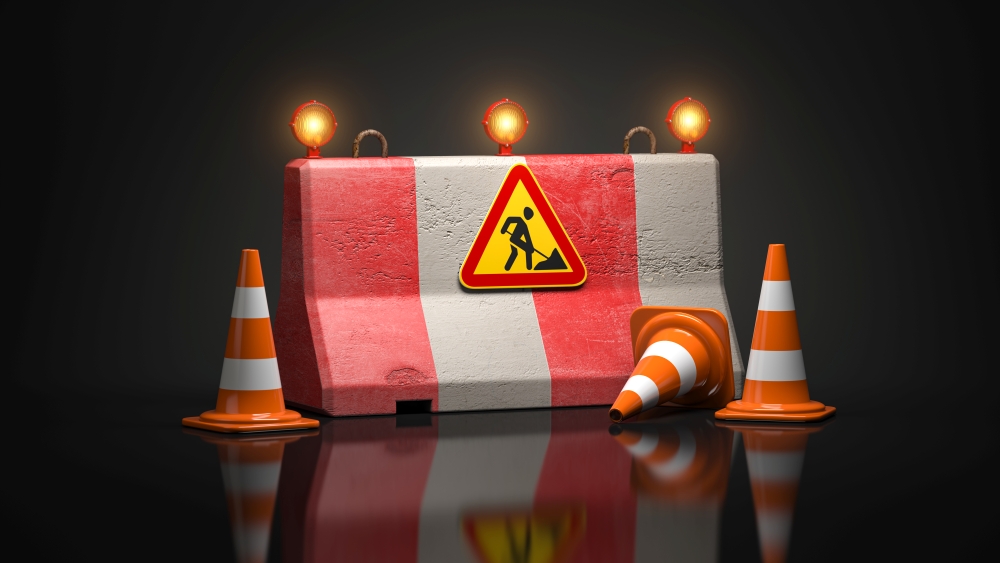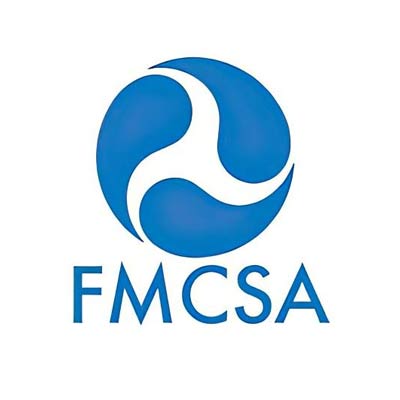Outdoor Recreation: A Pillar of the Group Travel Industry
The motorcoach is a key component of a $1.2 trillion economic industry.
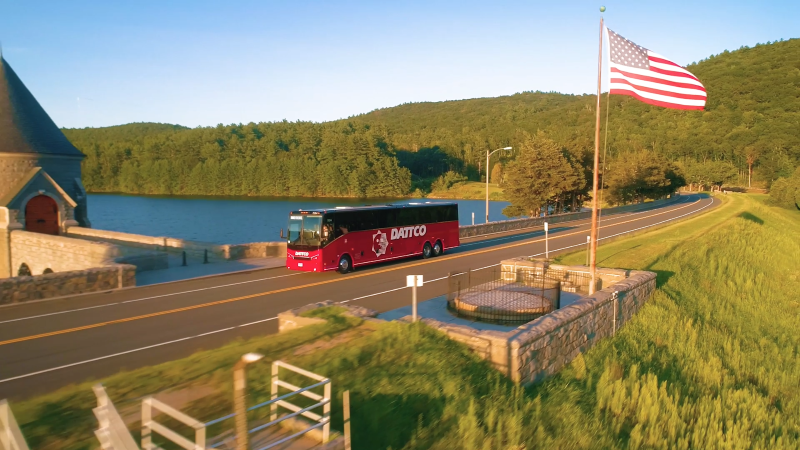
Outdoor recreation is essential to the U.S. economy, social well-being, and group travel experiences. The 2023 Outdoor Recreation Economy data from the U.S. Bureau of Economic Analysis (BEA) emphasizes its vital role, showing a $1.2 trillion contribution to GDP—a remarkable 2.3% of the nation’s economy. This steady growth is a testament to the sector’s resilience and critical influence on tourism, transportation, and local community development.
Outdoor recreation is a cornerstone of the group travel industry. It fosters connections between travelers and nature while driving economic prosperity.
Economic Power and Growth
The outdoor recreation economy is a powerhouse, reflecting consistent expansion. Since 2012, the sector has grown by 36%, showcasing its ability to adapt and thrive amid challenges. In 2023 alone, outdoor recreation’s inflation-adjusted GDP grew by 3.6%, surpassing the overall U.S. economic growth of 2.9%. Supporting activities like travel, tourism, and construction have become integral to this growth, accounting for 48.5% of the value added by outdoor recreation. This contribution is vital to the economic fabric of states nationwide, with its share of state GDP ranging from 6.3% in Hawaii to 1.6% in Connecticut, Delaware, and New York.
Outdoor Recreation and Group Travel: A Symbiotic Relationship
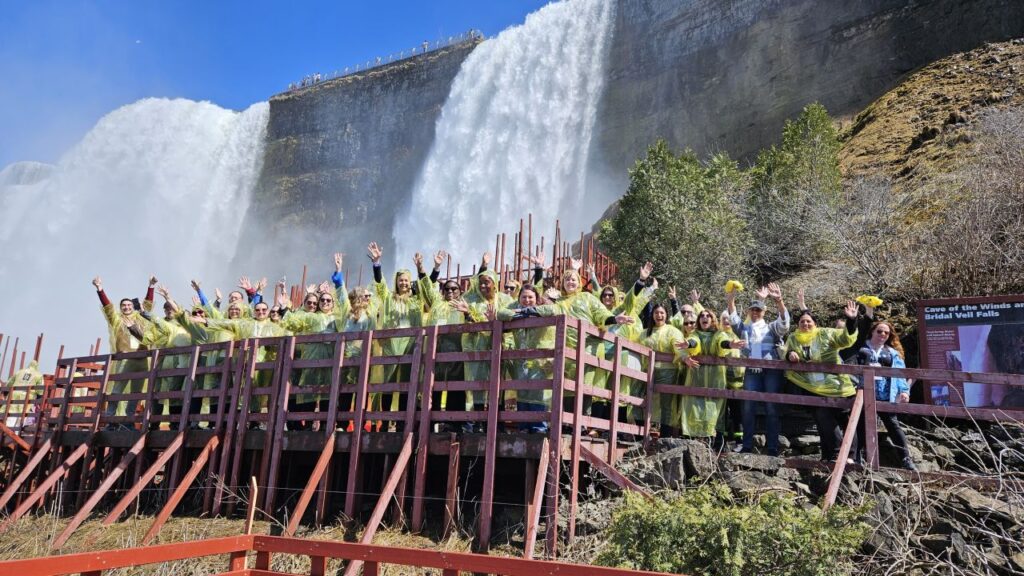
The group travel industry thrives on the appeal of outdoor destinations. Motorcoach operators, a significant industry segment, are key in connecting travelers with nature. National parks, hiking trails, and recreational hotspots are popular group travel itineraries, offering convenience and accessibility. According to the American Bus Association Foundation’s 2023 Motorcoach Census, motorcoaches provided 38 billion passenger miles in the U.S. and Canada, reflecting their importance in facilitating travel to outdoor destinations.
The benefits of this synergy extend to local communities. Each motorcoach contributes to the economy by bringing in groups of tourists who spend on lodging, dining, and shopping in gateway communities. For rural communities, outdoor recreation is often a primary economic driver. The steady flow of visitors supports businesses, creates jobs, and fosters community development.
The Role of Motorcoaches in Supporting Outdoor Recreation
Motorcoach operators play a pivotal role in supporting the outdoor recreation economy. By providing efficient and sustainable transportation, motorcoaches reduce the environmental impact of group travel. In 2023, the motorcoach industry in the U.S. and Canada recorded an average of 1.5 million passenger miles per vehicle, highlighting its fuel efficiency compared to other modes of transportation. Motorcoaches are a practical solution for national parks and other outdoor sites with limited parking, reducing congestion and preserving natural landscapes.
The economic ripple effect of motorcoach travel is significant. In addition to direct spending on tours and charters, group travelers contribute to surrounding businesses, from hotels to restaurants. This spending supports local economies and enhances the sustainability of outdoor destinations.
Key Outdoor Recreation Activities
In 2023, conventional outdoor activities like boating, fishing, RVing, and hiking dominated the recreation landscape. Boating and fishing alone generated $36.8 billion in value-added, making it the most significant conventional activity in 34 states. RVing followed closely, contributing $26.3 billion, mainly thriving in Indiana, Texas, and California. Snow activities, hiking, and hunting also contributed significantly to the economy, with a combined value of billions of dollars. These activities attract diverse groups, offering everything from serene natural escapes to thrilling outdoor adventures.
Guided tours and outfitted travel are another essential element of outdoor recreation. These services allow group travelers to access tailored experiences, from fishing charters to snowmobiling expeditions. These partnerships are invaluable for motorcoach companies, creating immersive travel packages that appeal to diverse demographics.
Infrastructure and Accessibility: Paving the Way Forward
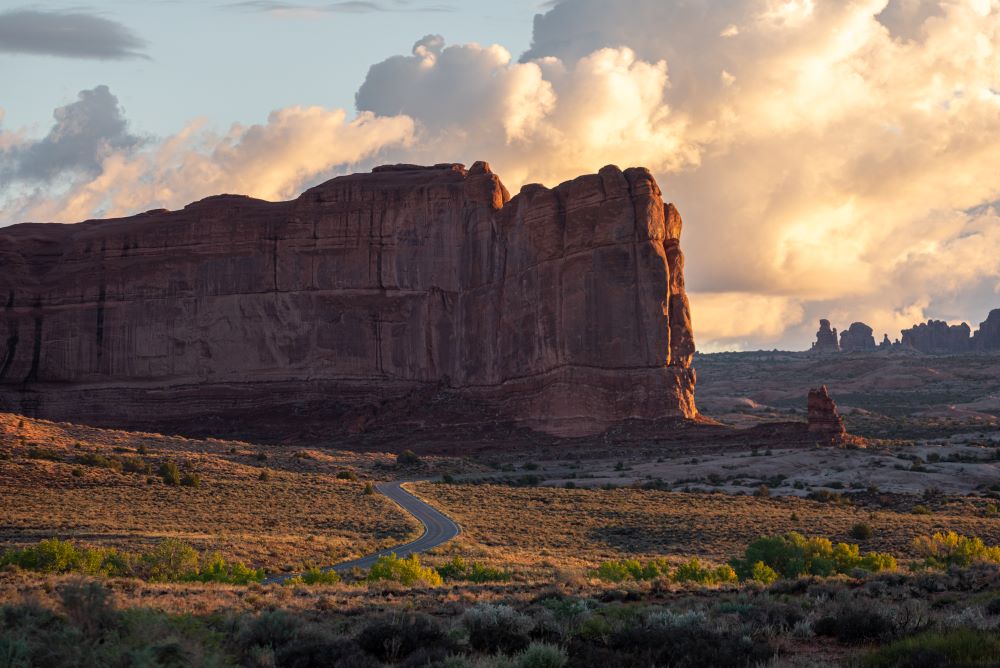
Infrastructure investment is a cornerstone of sustaining outdoor recreation’s growth. Federal initiatives, like the Expanding Public Lands Outdoor Recreation Experiences (EXPLORE) Act, aim to modernize access to public lands, enhance recreational opportunities, and increase inclusivity. This legislation stimulates local and national economies by creating equitable access for underserved communities, including those with disabilities. Its passage is crucial for ensuring the continued vitality of the outdoor recreation sector.
State-level leadership is also driving innovation. Over the last decade, 24 states have established outdoor recreation offices to harness this thriving sector’s economic benefits. These offices focus on enhancing recreational access, supporting infrastructure projects, and developing policies that align with community needs. They create a robust framework for future growth by fostering collaboration among stakeholders.
Resilience Amid Challenges
The outdoor recreation sector faces funding gaps, climate disruptions, and outdated permitting systems. Natural disasters and extreme weather events are becoming more frequent, threatening the availability of recreational spaces. Additionally, antiquated trade and access policies hinder growth for businesses reliant on outdoor tourism.
Despite these obstacles, the sector demonstrates remarkable resilience. Its steady rise in participation underscores the public’s enduring enthusiasm for outdoor experiences. This consistent interest drives the industry’s ability to generate jobs, revenue, and economic opportunities, even during periods of broader economic uncertainty.
Health and Social Benefits
Outdoor recreation’s value extends beyond economics. Group travel to outdoor destinations promotes physical activity, mental well-being, and social connections. In the aftermath of the COVID-19 pandemic, many Americans rediscovered the healing power of nature. This trend has persisted; millions prioritize outdoor experiences in their travel plans.
Activities like hiking and kayaking foster camaraderie and team-building, making them ideal for group travel. Outdoor recreation provides opportunities for bonding and creating lasting memories for families. Incorporating outdoor activities into itineraries adds value for organizations and tour operators, appealing to a wide range of travelers.
Future Opportunities for Growth
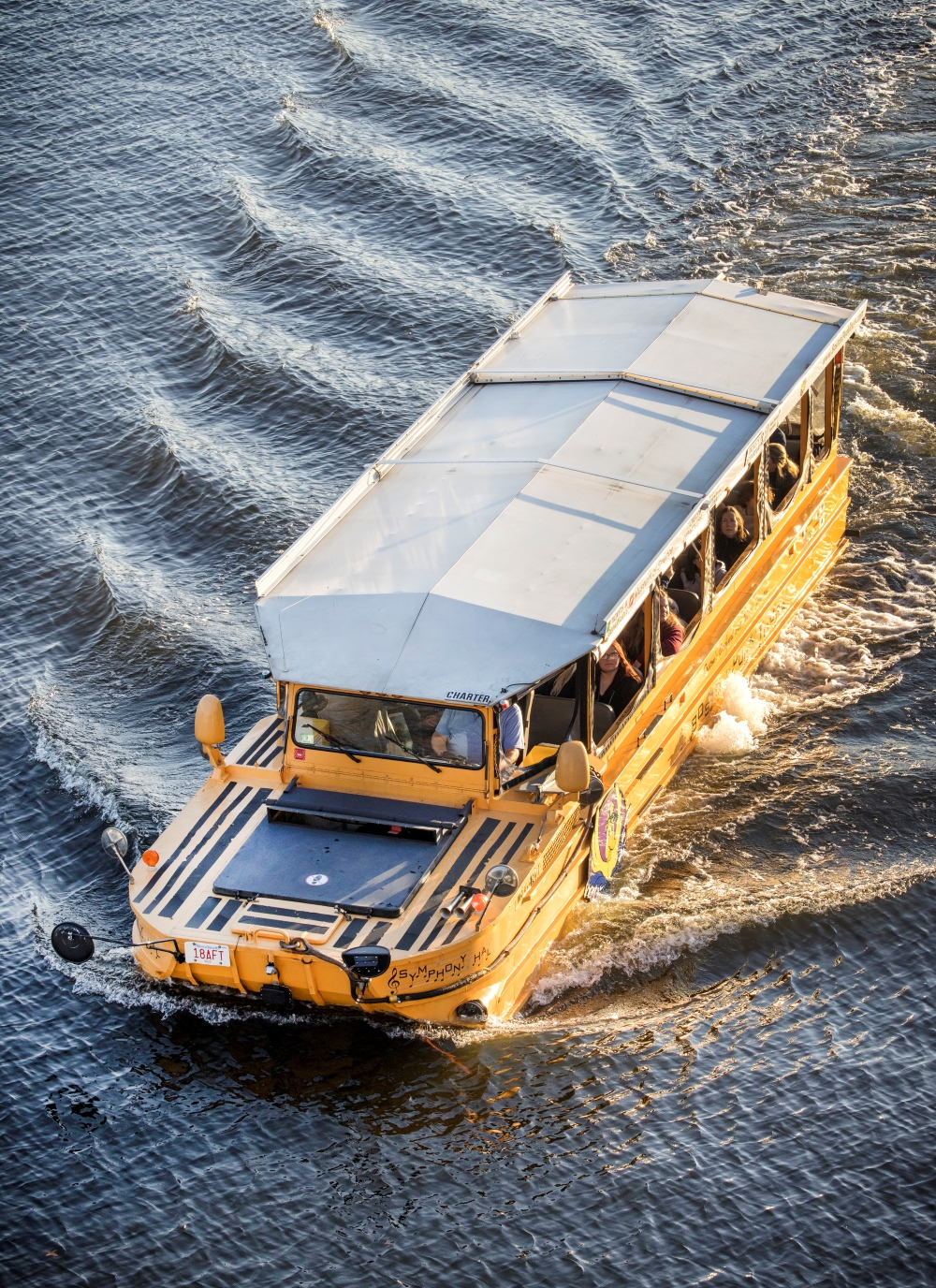
The future of outdoor recreation and group travel lies in continued investment, innovation, and inclusivity. By addressing funding shortfalls and modernizing infrastructure, stakeholders can ensure that outdoor recreation remains a vibrant and accessible industry. Collaboration between federal, state, and private entities is essential for overcoming challenges and maximizing opportunities.
Technology also offers exciting possibilities. Digital tools for trip planning, virtual reality previews of outdoor destinations, and sustainable travel innovations can enhance the group travel experience. For tour operators, adopting these technologies will be key to attracting and retaining travelers.
More than Just Leisure
Outdoor recreation is far more than a leisure activity; it is a vital economic pillar and a transformative force within the group travel industry. Its contributions to GDP, job creation, and community well-being underscore its importance to the nation’s economy. For group travelers, outdoor destinations offer unparalleled exploration, connection, and adventure opportunities.
As the outdoor recreation economy grows, aligning policy, infrastructure, and innovation will be essential. By prioritizing sustainability and inclusivity, the sector can thrive, ensuring that the beauty and benefits of the great outdoors remain accessible to all. Together, outdoor recreation and group travel form a powerful partnership, driving economic success and enriching lives across the United States.
